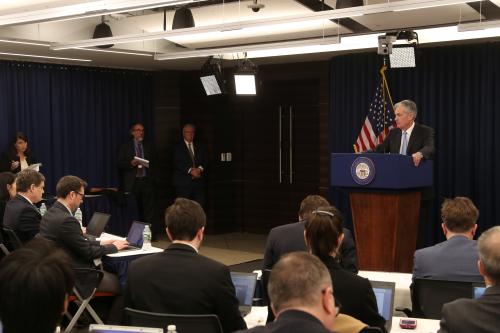The Brookings Institution is committed to quality, independence, and impact.
We are supported by a diverse array of funders. In line with our values and policies, each Brookings publication represents the sole views of its author(s).

Research
BPEA | 1978 No. 31978, No. 3
EXPECTATIONS have come to the forefront in recent discussions of macroeconomic policy. The theory of rational expectations, initially developed by Muth, asserts that both firms and individuals, as rational agents, have expectations that will not differ significantly from optimal forecasts made using all available information. When rational expectations are imposed on macroeconomic models, some startling observations emerge. Lucas finds that changes in policy affect the parameters of many behavioral relations; thus the use of current econometric models to project effects of macro policy can be misleading.’ Rational expectations, together with the “natural rate hypothesis” of Friedman and Phelps, lend support to the proposition that a deterministic monetary policy has no effect on the output of the economy. In these models only unanticipated monetary policy affects output, and there is some empirical support for this proposition.